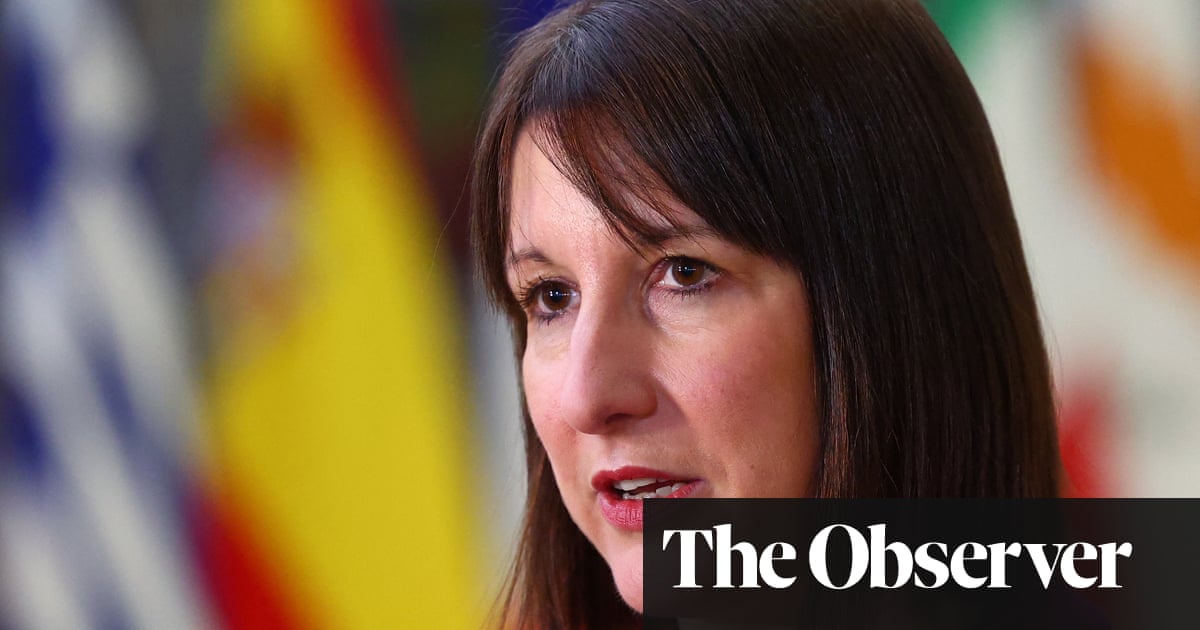‘Join the revolt’: UK’s Farage to lay out election policies

- by Admin
- June 17, 2024

Farage is one of Britain’s most recognisable and divisive politicians and has pressured successive governments into more aggressive stances on cutting immigration. He played a pivotal role in the 2016 vote to leave the European Union.
But his career has been spent campaigning from the sidelines of British politics, having stood unsuccessfully for a seat in parliament seven times and led parties which, despite attracting millions of votes, have failed to weaken the grip of Britain’s two main parties – the Conservatives and Labour.
On Monday he called on supporters of Sunak’s Conservatives to “join the revolt” and said Labour, whose leader Keir Starmer is forecast to become the next prime minister, would run the country into the ground if left unchecked.
“There needs to be a proper voice of opposition,” Farage told the BBC ahead of an event in Wales where he will set out Reform’s policies.
“This is our first big election as a party. Our plan is to establish that bridgehead in parliament and to use that voice to build a big national campaigning movement around the country over the course of the next five years for genuine change.” Reform chose Merthyr for its launch to highlight what it says is Labour misrule in Wales. Farage said he was aiming to become prime minister in the next election, likely in 2029.
His unexpected entry into the election race – having initially said he would not run and wanted to concentrate on campaigning for Donald Trump in the United States – has split support among Britain’s right-of-centre voters.
The Labour Party is around 20 percentage points ahead in opinion polls and forecast to win a large majority on July 4. Reform overtook the Conservatives in one opinion poll last week, and Farage has set a target of winning six million votes at the July 4 election.
Other polls put them far behind the governing party and under Britain’s electoral system Reform is only expected to win, at most, a small handful of seats.
“JOIN THE REVOLT”
So far the Reform campaign has offered little details on policy, instead focusing on Farage and his populist appeal.
The 60-year-old received an expensive private education and worked as a commodities trader but has successfully styled himself as a man of the people taking on an out-of-touch political establishment.
Writing on ConservativeHome, a Conservative Party grassroots website, Farage urged its readers: “Come on, join the revolt. It’s time.”
“You’ve been so badly let down by the Conservative Party that it really must be time for something – and someone – new, who can unite the right. What have you got to lose?”
Last week it called for a 40 billion pound ($51 billion) tax cut for voters, funded by scrapping the interest paid to banks by the Bank of England.
But immigration, the issue on which Farage has for more than a decade struck a chord with voters, is expected to dominate their policy offering as they seek to peel off voters from the Conservatives and parts of Labour’s support.
“We’re unashamedly patriotic, and we believe that immigration – exploding population – should be the major issue in this election,” Farage told the BBC.
The Latest News
-
December 22, 2024Elon Musk’s British cousin reveals how brutally world’s richest man snubbed him: ‘I’m shocked that…’
-
December 22, 2024‘Labour will torpedo my firm’: One of Britain’s OLDEST family businesses says inheritance tax plans could destroy his finances in ‘blink of an eye’ after 250 years of trading
-
December 22, 2024UK Weather: Wind messes up UK travel plans
-
December 22, 2024Life in one of Britain’s most miserable towns: Locals in Barking blast council ‘shambles’ and say shopping centre is so empty it is like living in a ‘ghost town’
-
December 22, 2024Christmas travel chaos continues with 100 Heathrow flights cancelled amid severe 80mph wind weather warnings





